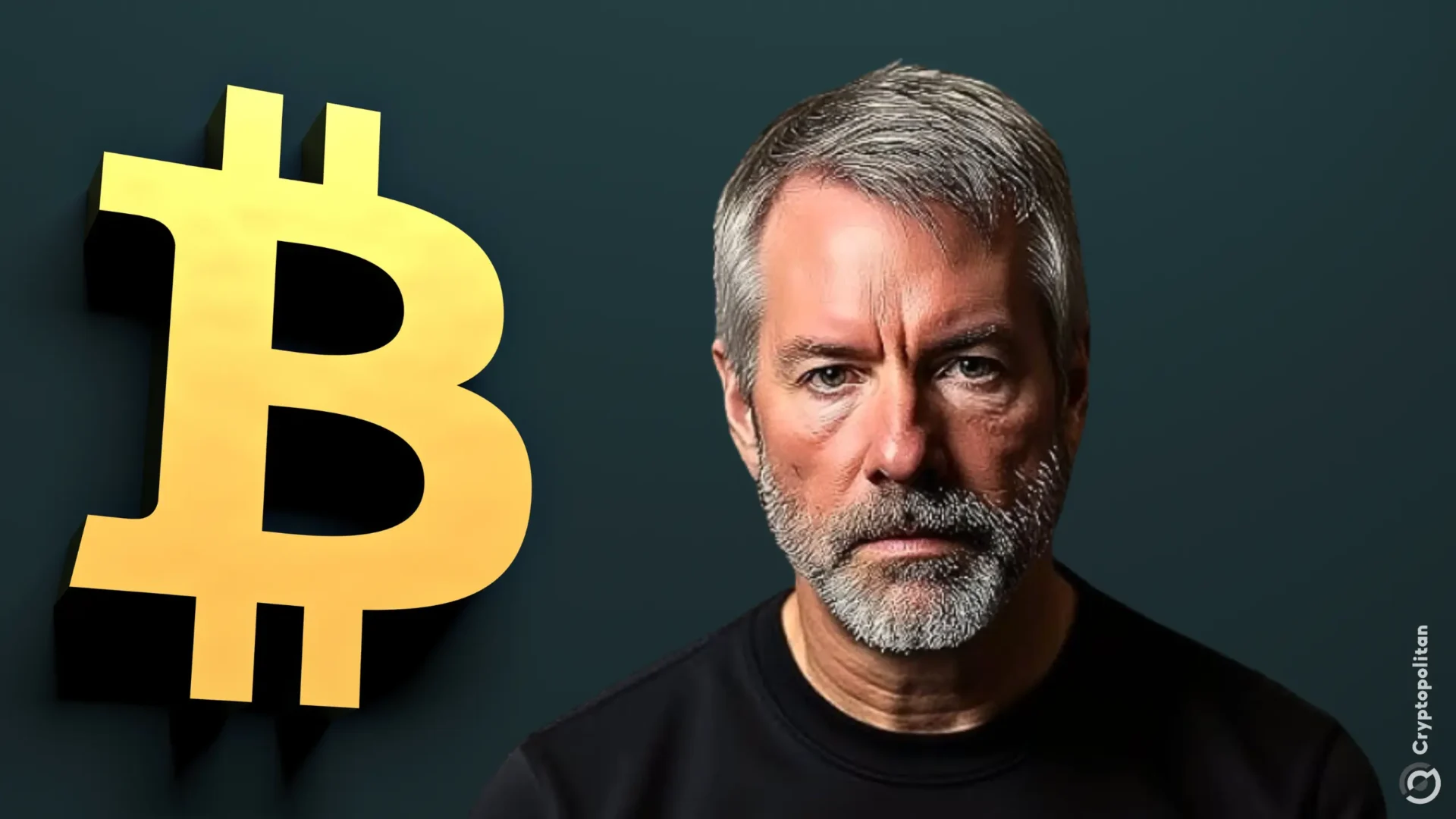In a recent turn of events, Michael Saylor, the founder of MicroStrategy and a prominent figure in the Bitcoin community, has changed his tune regarding crypto self-custody. His latest endorsement of self-custody comes after facing backlash for earlier remarks that favored regulated custody options, sparking a heated debate in the cryptocurrency world.
What Happened?
On October 24, 2024, Saylor took to X (formerly Twitter) to clarify his position. He stated, “I support self-custody for those willing and able, the right to self-custody for all, and freedom to choose the form of custody and custodian for individuals and institutions globally.” This statement was a response to criticism from key figures in the crypto community, including Vitalik Buterin, one of the co-founders of Ethereum. Buterin referred to Saylor’s previous support for regulated custody as “batshit insane,” arguing that it undermines the core principles of cryptocurrency.
Why Is This Important?
- Self-Custody vs. Regulated Custody:
- Self-custody means you control your own cryptocurrency, holding the private keys that grant you access. This is a fundamental principle of Bitcoin and many other cryptocurrencies, emphasizing decentralization and individual control.
- Regulated custody involves storing your crypto with third-party institutions like banks or financial firms. While this may seem safer, it introduces centralization and potential government oversight, which many in the crypto community view as contrary to the philosophy of cryptocurrency.
- The Debate:
- The discussion touches on freedom and control in financial matters. Advocates for self-custody, like Buterin and Jameson Lopp, argue that relying on third parties compromises the security and integrity of the network. They emphasize that self-custody is vital for maintaining decentralization and fostering innovation within the crypto space.
- Critics of Saylor’s original stance fear that promoting regulated custody could lead to a “regulatory capture” of the crypto market, where government regulations limit the original goals of cryptocurrency.
Why You Should Care
- Empowerment: Understanding the principles behind self-custody empowers you as a cryptocurrency user. You gain the ability to take full control of your assets without depending on potentially unreliable institutions.
- Market Trends: As traditional financial products related to Bitcoin, such as spot Bitcoin ETFs, gain traction (with net inflows crossing $20 billion recently), the conversation about custody becomes even more critical. Keeping up with these trends helps you make informed decisions about investing in cryptocurrency.
Key Terms to Remember
- Self-Custody: Holding your crypto yourself and managing your private keys.
- Regulated Custody: Storing crypto with institutions that are subject to government regulations.
- Decentralization: A core principle of cryptocurrency where control is distributed rather than centralized in a single entity.
- Regulatory Capture: A situation where regulatory agencies are dominated by the industries they are supposed to be regulating, potentially stifling innovation and freedom in the crypto space.
Final Thoughts
Michael Saylor’s endorsement of crypto self-custody is significant in the ongoing debate about the future of cryptocurrency. It serves as a reminder that, while traditional financial systems offer some security, the spirit of cryptocurrency lies in its potential for decentralization and individual empowerment. As a young person entering this space, understanding these dynamics not only enriches your knowledge but also prepares you to navigate the evolving landscape of digital finance. Stay informed, take control, and embrace the possibilities of self-custody in your cryptocurrency journey!



